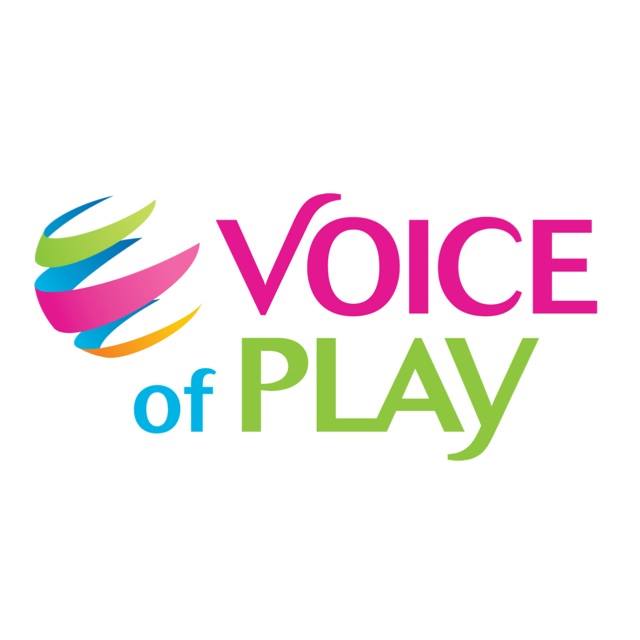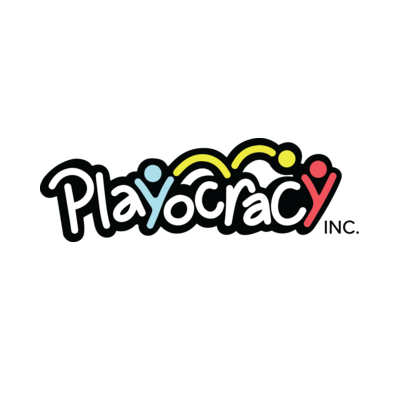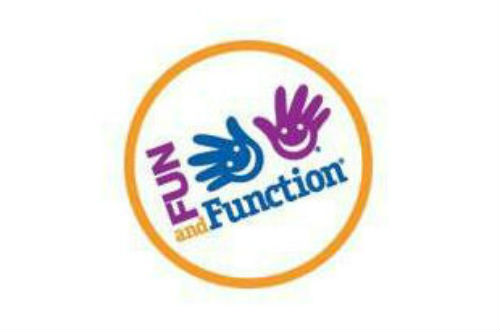To begin our investigation on the important impacts play has on a person’s physical, social, and emotional development, we turn to Dr. Ryan Byrne. Dr. Byrne is a child and adolescent psychiatrist currently working at the Medical University of South Carolina in Charleston, SC. His primary role is caring for children and adolescents who are admitted to the hospital for psychiatric reasons. He also sees children who are admitted for medical reasons but have co-occurring psychiatric concerns. Additionally, he serves children who are in the foster care system. When not working with patients, he spends most of my free time playing with his 5 and 9-year-old daughters.
Let’s hear what Dr. Byrne has to say about the power of play.
How does play enhance/improve the mental health of both children and adults?
Play is essential for children and adults for a number of reasons. For children, play is a way for them to process and learn the myriad of new experiences and senses they experience during development. Many times, children who are facing challenges or traumas will play through the experience repeatedly to gain mastery over their worries and fears. Play is also essential from a social perspective. For example, my five-year-old loves playing family and school. She is essentially rehearsing social skills and emotional reciprocity that she will use through life. Adults playing with children enhances the bond between them and their children. They share experiences with their children, laugh with their children, and model cooperation to their children. In addition, adults benefit from their own play as well. This can include sports, board games, role-playing games, party games such as charades, etc. Play for adults can provide a social outlet and can serve as a healthy way of releasing emotions.
Is play deprivation a real thing? What impacts do you think it has on child development?
I feel that play deprivation is a real thing. This relates directly to your first question. If children are not given the space to create their own worlds and experiences through play, they lose out on the emotional and developmental benefits of play. They will likely display increased fears and worries. They may struggle to understand relationships and emotional/social reciprocity. It also has a significant impact on bonding. Numerous studies, often in orphanages, have shown that solely providing food, safety, clothing, and shelter for children is not sufficient for child development. I believe that play, along with nurturing and touch, is an essential social element for the full cognitive and emotional development of children.
How can play be used to help children in the middle of a pandemic? Will play experiences help them once things get back to "normal?"
Play can be used during the pandemic both to work through children's fears and also to continue to provide a sense of normalcy. One great part of play is that, while toys can be used, they are not essential. Children can create pretend situations with anything found around the house. The advantage of that is that, regardless of what restrictions the pandemic has caused, play can occur on a daily basis. One part of my job is seeing children who are hospitalized for medical or psychiatric reasons. One essential team member is the recreational therapist who will play with children, allowing them to escape their world of IV lines and heart monitors. In addition, children can play through aspects of fear regarding the pandemic. They can put masks on their stuffed animals or play doctor/nurse. If children have opportunities to play during the pandemic, upon return to "normal", they continue this play as one constant that will be present preceding, during, and following the pandemic.
Special thanks to Dr. Ryan Byrne for sharing his opinions and expertise on the power of play. Please join us as we continue to discover and discuss the important impact play has on all areas of development and growth.



















